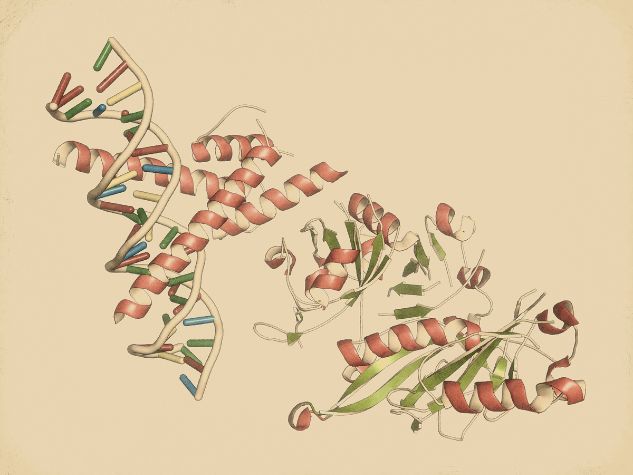Alzheimer’s Disease Associated with Down Syndrome: A Genetic Dementia
Down syndrome is a genetic condition that predisposes individuals to develop Alzheimer’s disease. In the past, people with Down syndrome did not live long enough to develop Alzheimer’s. However, the life expectancy for these individuals has increased exponentially: at the beginning of the 20th century, their life expectancy was around 10 years, whereas today, in developed countries, it exceeds 60 years.
This increase in longevity has been accompanied by a rise in the prevalence of Alzheimer’s disease among people with Down syndrome, with an accumulated incidence of around 95%. This is due to the fact that chromosome 21 contains a gene that encodes the amyloid precursor protein (APP), one of the causes of autosomal dominant Alzheimer’s. People with Down syndrome have three copies of this gene, which genetically predisposes them to develop the disease.
Clinical Characteristics of Alzheimer’s in Down Syndrome
Diagnosing Alzheimer’s in people with Down syndrome is complex, as it involves identifying cognitive decline on top of a preexisting intellectual disability. It is crucial to consider the baseline level of disability when making the diagnosis.
As they age, people with Down syndrome lose abilities due to Alzheimer’s disease. Additionally, a distinctive feature of Alzheimer’s in these individuals is epilepsy, with a prevalence of nearly 50%.
Clinical and Cerebral Manifestations
Alzheimer’s disease in people with Down syndrome presents similarly to how it does in the general population. Amyloid protein accumulates in the brain and in the blood vessels, along with Tau deposits, which are the main characteristics of the disease. These pathological changes accumulate over a lifetime and can be present decades before clinical symptoms manifest.
In individuals with Down syndrome, brain lesions can begin to appear at an early age, and the risk of dementia increases significantly after the age of 50 or 60.
Biomarkers and Diagnosis
Brain analysis is only possible post-mortem, but diagnosis in life relies on biomarkers. Biochemical markers, detectable in body fluids such as blood or cerebrospinal fluid, are essential for diagnosis. Clinical research is also crucial for improving quality of life and treating comorbidities in Down syndrome.
Amyloid accumulation occurs not only in the brain parenchyma but also in blood vessels, leading to complications such as cerebral hematomas, particularly due to cerebral amyloid angiopathy.
Genetic Importance and Study Models
The genetic cause of Alzheimer’s in Down syndrome lies in the extra copy of the amyloid precursor protein gene on chromosome 21. This protein is essential in forming amyloid plaques, and having three copies of the gene leads to greater amyloid accumulation.
Down syndrome is not only a genetically determined form of Alzheimer’s but also a valuable model for studying the disease. Recent advances in research on pathophysiology and biomarkers have enabled clinical trials, and international networks have been established to accelerate these studies.
Conclusion
Down syndrome, being genetically associated with Alzheimer’s, offers a unique opportunity to understand and treat this disease. Advances in research and international collaboration are essential to improving the lives of affected individuals and finding effective treatments for Alzheimer’s.
















